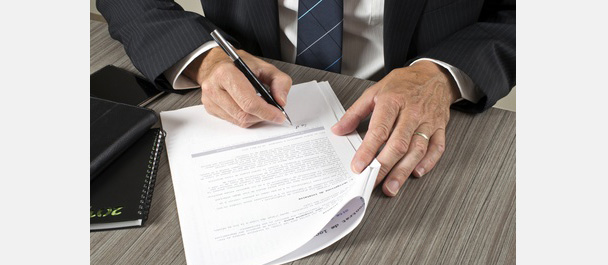It’s painful enough to manage someone’s estate after they pass, without the extra stress and delay that dealing with probate can cause. Additionally inheritance tax laws may then take a large portion of the value of the estate. A deed of gift can help you legally reduce your exposure to inheritance tax thus ensuring you pass on as much of your estate as possible to family and friends and avoid the lengthy probate process.
In the UK a Deed of Gift is a way to legally add a person (or people) to your property’s deeds. It may also be used for transferring money or shares. At least one of the original owners must remain on the title. As a gift it is made without payment in return and this in turn means that the documentation has to be witnessed. The witnessing party may not have any interest – as a benefit or a loss – in the transference of the gift.
However, one thing to bear in mind is that if the purpose of the deed of gift is to increase financial entitlements for residential and nursing home care fees, the local authority may attempt to recover the assets or assess you as if you still had the assets. They would try to present what the intention was at the time of giving the gift. The greater the time there is between the giving of the gift and the need for care the less chance the authorities would have of lodging a successful claim.
Any gift made is subject to the inheritance tax 7 year rule. This states that if you make an outright gift of your home and you live for 7 years after that, it will then be exempt from inheritance tax.
If you make ‘a gift with reservation of benefit’ the 7 year rule becomes irrelevant. The conditions for this are that you continue to live in the property after giving it away and don’t pay market rent rates to the new owner.
Jennings Solicitors can advise and set up a ‘Deed of Gift’ according to your personal circumstances, just contact us to arrange an appointment.

